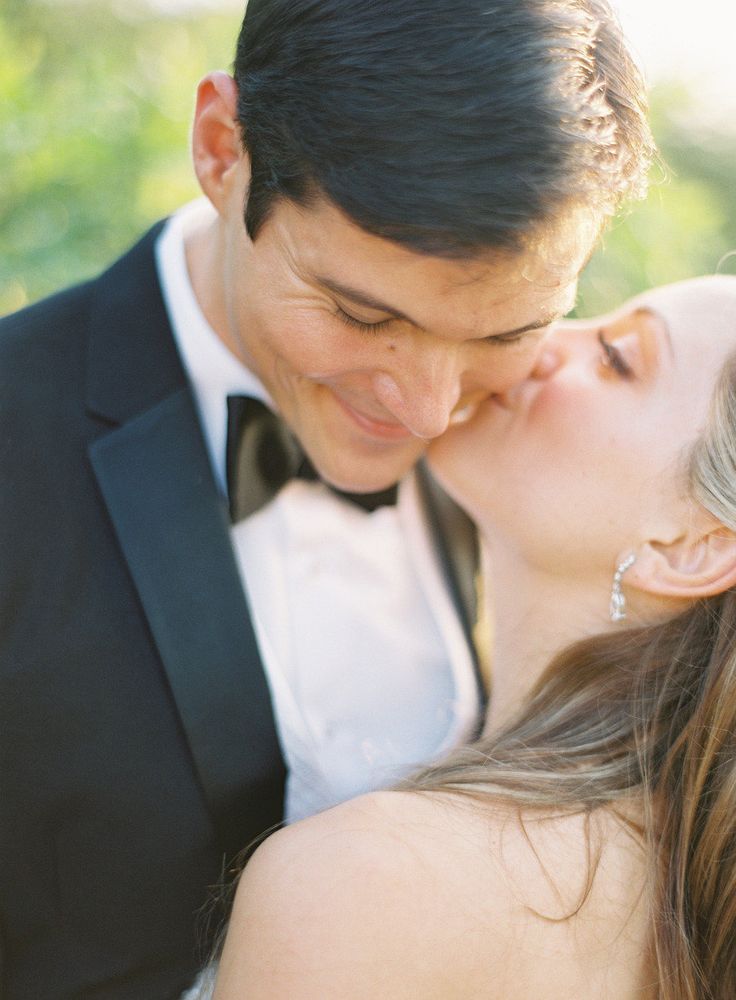Take a moment. Ask yourself, how many times have I said “wedding” in the past few weeks? Now, compare that to the number of times you have said, “marriage”. If you are like most brides who are dedicated to wedding planning, chances are, you have spoken the former much more frequently. There is no shame in being consumed with one’s wedding. However, it is important to keep in mind the actual purpose behind ongoing conversations regarding flowers, table settings, bridesmaid dresses, guest lists, etc. These head- scratching, hair-pulling-out-details may contribute to the overall aesthetic of the wedding day, but they will not contribute to your actual end goal, marriage.
Try to look at the overall process of wedding planning as an indication and reflection of how your relationship functions. If, for instance, there is ongoing bickering over trivial details, make an effort to correct this flaw before it becomes a trend in your relationship well after the wedding is over. Strive for wedding planning to be exemplary of how you and your partner will face the ongoing trials of life.
Like most advice, being able to plan a wedding with a stress-free approach is easier said than done. But, while wedding planning is a daunting task, steer the focus away from the stress and concentrate on a more constructive idea, compromise.

Compromise is invaluable to a healthy relationship. From the beginning, there should be a give-and-take mentality that will set the tone for wedding planning and marriage alike. If the groom is most concerned about finances, then the bride might need to compromise some of her lavish expenses.
There are even more proactive suggestions to consider in returning the focus to the relationship instead of the exact shade of pink that the table cloths should be. One idea is to block out ten to fifteen minutes after the ceremony where you two are alone. Simply alone. This will afford you an opportunity to really soak up the beauty and the meaning of the ceremony, and to reflect on the journey you are about to embark on together. If it is not planned in advance, it probably will not happen, so make these few minutes a priority when planning for the big day.
Another idea to consider is booking your honeymoon a few weeks after the wedding. This is not the “traditional” way to do things, but it can have many benefits. The most important being, you can give life some time to level back out and return to a degree of normalcy. This could benefit your marriage because, when you finally do take your honeymoon, it allows you to focus solely on your partner, without residual exhaustion from the wedding.
It seems ironic that the idea of marriage can easily get lost in the chaos of the wedding. There are many instances where the stress of wedding planning can drive couples further apart, instead of closer together. With these suggestions, make wedding planning a process that you are proud to stand as an exemplary model of how your marriage (not your wedding) will unfold.
Photo Credit: Style Me Pretty

Twitter
Pinterest
Facebook
Share On
Leave a Comment